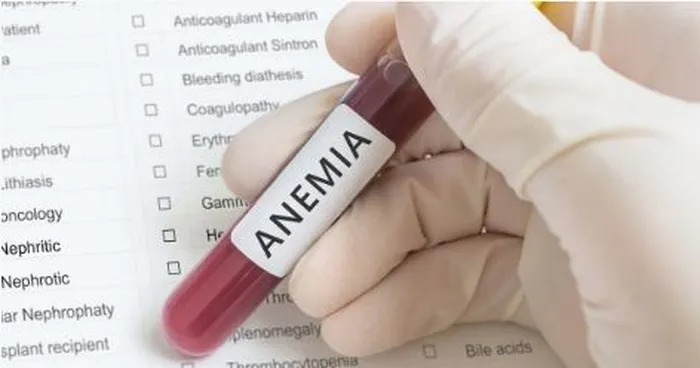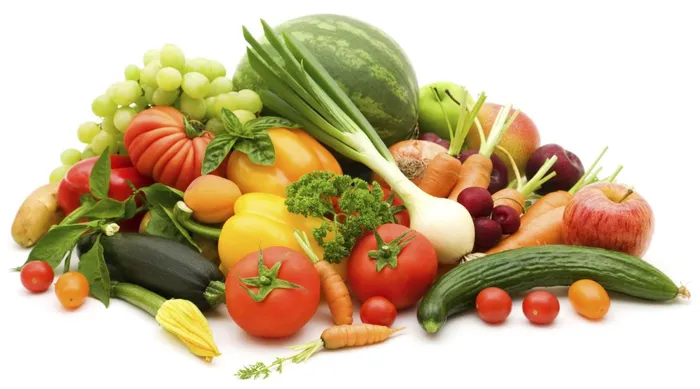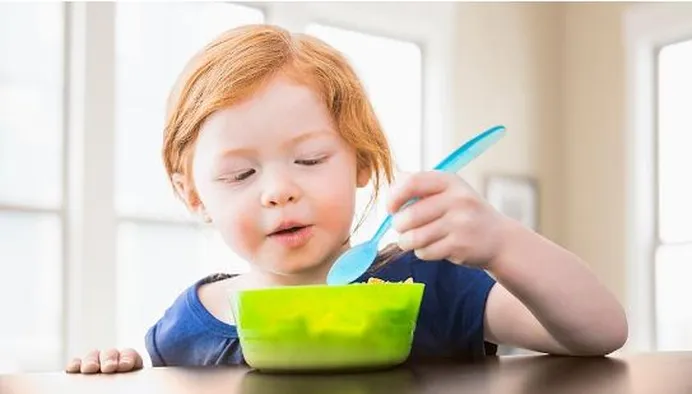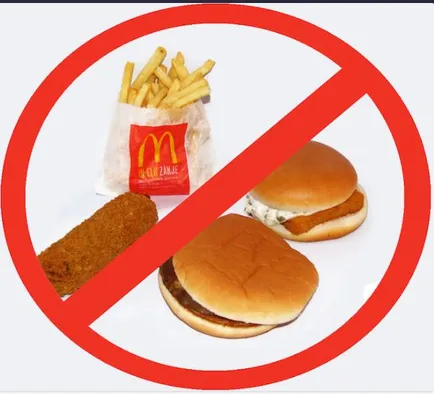About 20% of women, 50% of pregnant women, and 3% of men do not have enough iron in their body. The solution, in many cases, is to consume more foods high in iron.
Anemia happens when your body doesn’t have enough healthy red blood cells. The condition is mainly caused by blood loss, the destruction of red blood cells, or your body’s inability to create enough red blood cells.

There are many types of anemia. The most common type is iron deficiency anemia.
If iron levels are low, this can often be corrected by making appropriate dietary changes or taking supplements. Furthermore, if your condition is serious, you doctor may prescribe iron therapy. Keep in mind that it may take several months of supplementation to correct iron deficiency.
What foods cure anemia?
- Have food rich in iron
- Include food in your diet that will help you absorb the iron
- Cook food in a cast-iron skillet
- Cook food for shorter periods
- Refrain from drinking tea or coffee with meals
- Consult with your doctor and choose supplements containing ferrous salts

Fruits and vegetables:
Watercress,
Curly kale and other varieties,
Spinach,
Collard greens,
Dandelion greens,
Swiss chard,
Citrus fruits, Red and yellow peppers, Broccoli.
Foods Rich in Iron
Many foods contain high levels of iron. A person may find it easy to combine them and make tasty, nutritious meals that help to boost the intake of iron.
- Unsweetened oatmeal made with sprouted oats topped with raspberries, hemp seeds, and cacao nibs. Enjoy with a glass of iron-fortified orange juice.
- Vitamin C helps the body absorb iron. Therefore, if your iron is on the low side, eating iron-rich foods together with vitamin C sources can increase iron levels and can also boost red blood cell production.

Exercise
Exercising regularly can increase red blood cell levels and hemoglobin. That’s because when muscles work more, they need more energy and more oxygen. Moderate physical activity signals your body to increase red blood cell production in order to increase the oxygen supply to your muscles.
However, strenuous exercise can have the opposite effect. It can actually damage and destroy red blood cells. This is one of the reasons that endurance athletes often have anemia.
Do it Things
- Introduce yoga to your life.
- Cut down excessively salty, spicy, and sour foods.
- Bitter, astringent, and sweet foods are beneficial for blood detoxification
- Avoid combining milk with salty foods.
- Eat on time and do not compromise on your sleep.
- Pick these remedies as per you

Foods Lower Red Blood Cells
There are certain foods that hinder the absorption of these nutrients. Knowing about these foods will aid in better treatment and prevention of anemia. Here are five types of foods consumed on a daily basis that should be avoided, especially if you have anemia.
- Tannins are plant-based naturally occurring substances. The tea and coffee you drink also contain tannins. They are also present in fruit juices, berries, pomegranates, nuts, legumes, some herbs, and some spices.
- Food items rich in gluten must be avoided as it can worsen Anemia. Gluten may damage the intestinal wall and prevent iron and folic acid absorption which are required to produce red blood cells.
- Not only anemia but alcohol can also cause or worsen several other health problems and must be avoided. Drinking too much alcohol can result in anemia; it can impact red blood cell production and maturation. This causes abnormality or dysfunction of the cells. Alcohol may also affect how nutrients are absorbed from food and lead to iron and folic acid deficiencies, which are responsible for the proper formation of hemoglobin.
- The body responds quickly by making antibodies that attack the red blood cells and cause them to break down too early. Drugs like Cephalosporin’s, Daps one, Levodopa, No steroidal anti-inflammatory drugs (NSAIDs), Penicillin and its derivatives, etc., must be avoided as they may cause hemolytic anemia.

In some cases, foods containing oxalic acid are known to interfere with the absorption of iron. Due to this, people with anemia are advised to consume these foods in limited quantities and if possible stay away from them during the course of medication. Foods containing oxalic acid are peanuts, spinach, parsley (ajwain) and chocolates.

